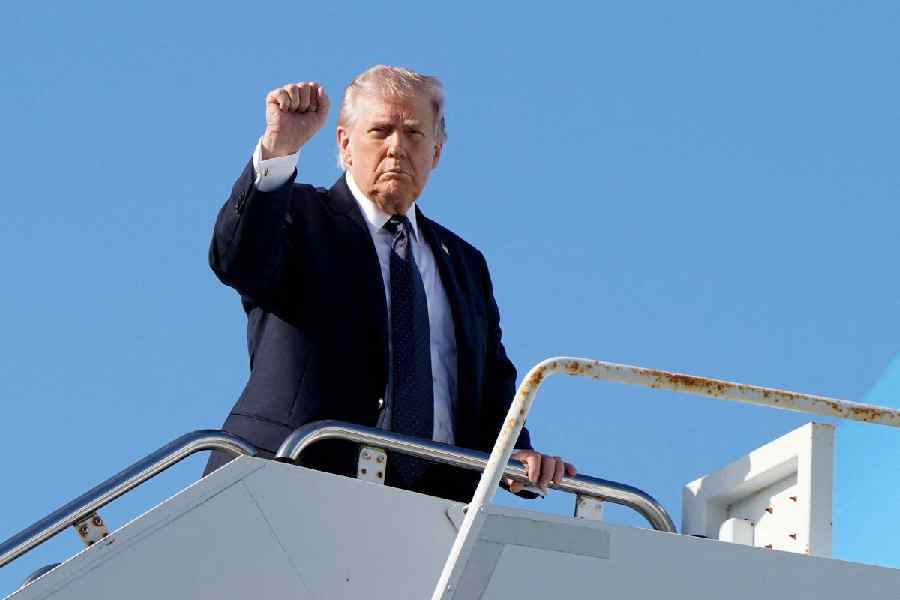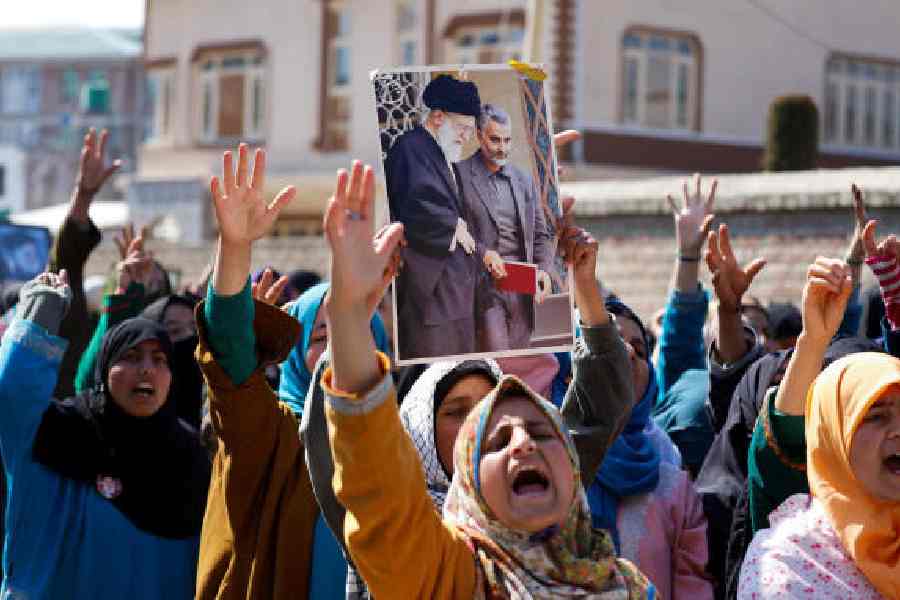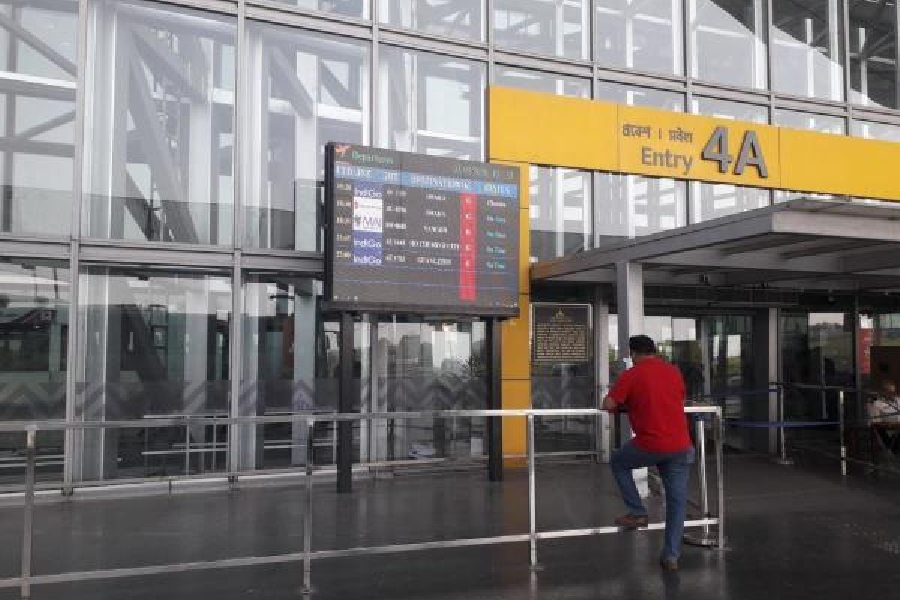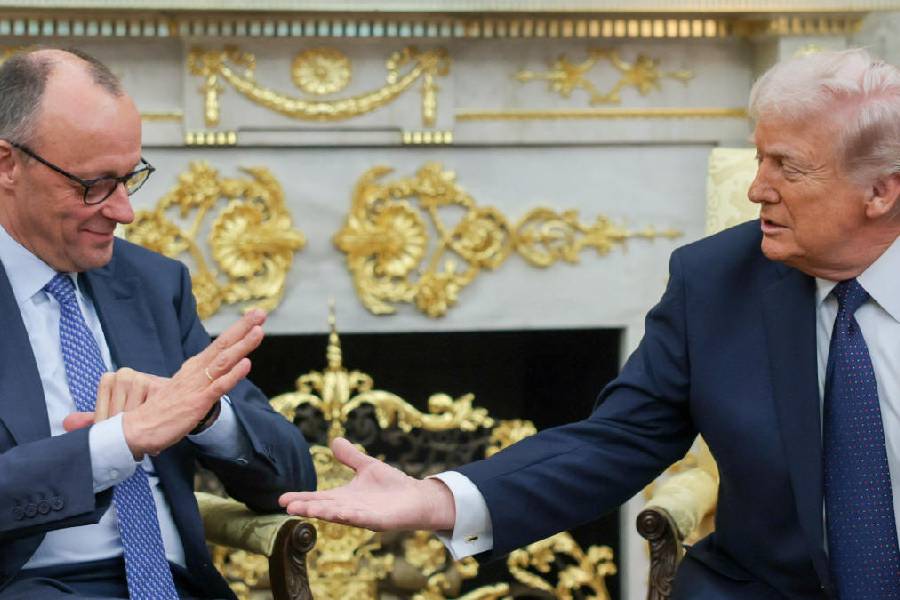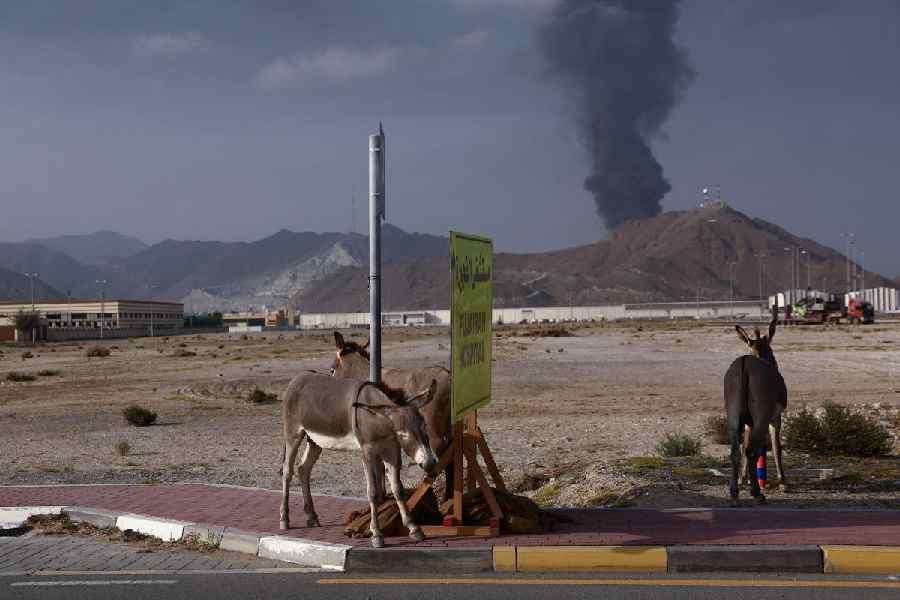The people of Bengal did not need the state’s home secretary to tell them that Nandigram had turned into a “war zone”. That the rule of law has ceased to exist in the area is public knowledge. What the people would like to know is how the administration plans to restore peace and normalcy there. All indications suggest that neither Buddhadeb Bhattacharjee’s administration nor his party, the Communist Party of India (Marxist), knows how to do it. The CPI(M) may have its strategy for regaining lost ground at Nandigram, but that only worsens the problem. The resurgence of violence there over the past few days is directly linked to the party’s moves to recapture some areas it had lost to its opponents. But this partisan militancy makes the chief minister’s task more difficult. Worse still, the party speaks in different voices about how to tackle the Nandigram challenge, with Mr Bhattacharjee wanting to use the Central Reserve Police Force in order to put down the violence and Jyoti Basu publicly opposing the idea and preferring a political solution.
However, Mr Bhattacharjee’s prime task is to uphold the authority of the state and the rule of law. No political process can be an excuse for the government’s failure to do what it is constitutionally obliged to do. The chief minister or the CPI(M) can try and resume the political process. But that should not tie the administration’s hands. That the police have failed to curb the violence at Nandigram is obvious. For all her pretensions to the contrary, even Mamata Banerjee knows that some of her supporters there are as armed as the Marxist cadre at nearby Khejuri. All this makes the success of a fresh peace initiative doubtful. But there is no alternative to dialogue in a democracy. At the same time, the state has no option but to use force in order to put an end to lawlessness at Nandigram. In fact, it would be failing in its constitutional and moral duty if it leaves the people — in Nandigram or anywhere else — at the mercy of irresponsible politicians.
There are two important reasons why the drift at Nandigram should not be allowed to continue. First, if the politics of the gun wins there, it will be a dangerous signal for the whole of Bengal. The question is not which party wins this battle; the biggest threat such politics poses is to democracy and the rule of law. It is necessary to stamp out the threat before it becomes even more intractable. The reports that Maoists and other extremist groups are having an increasing sway over the agitation point to the urgency of the task. And second, the images of Nandigram can undo all that the chief minister wants to do in order to revive Bengal’s economy. Any further delay in cleaning up the mess at Nandigram may do the opposite. It may revive the old suspicion about Bengal being a byword for violence and suicidal politics.


